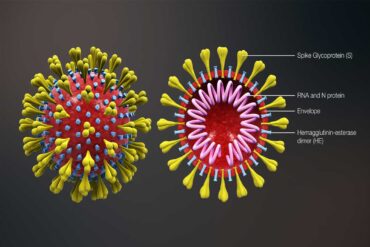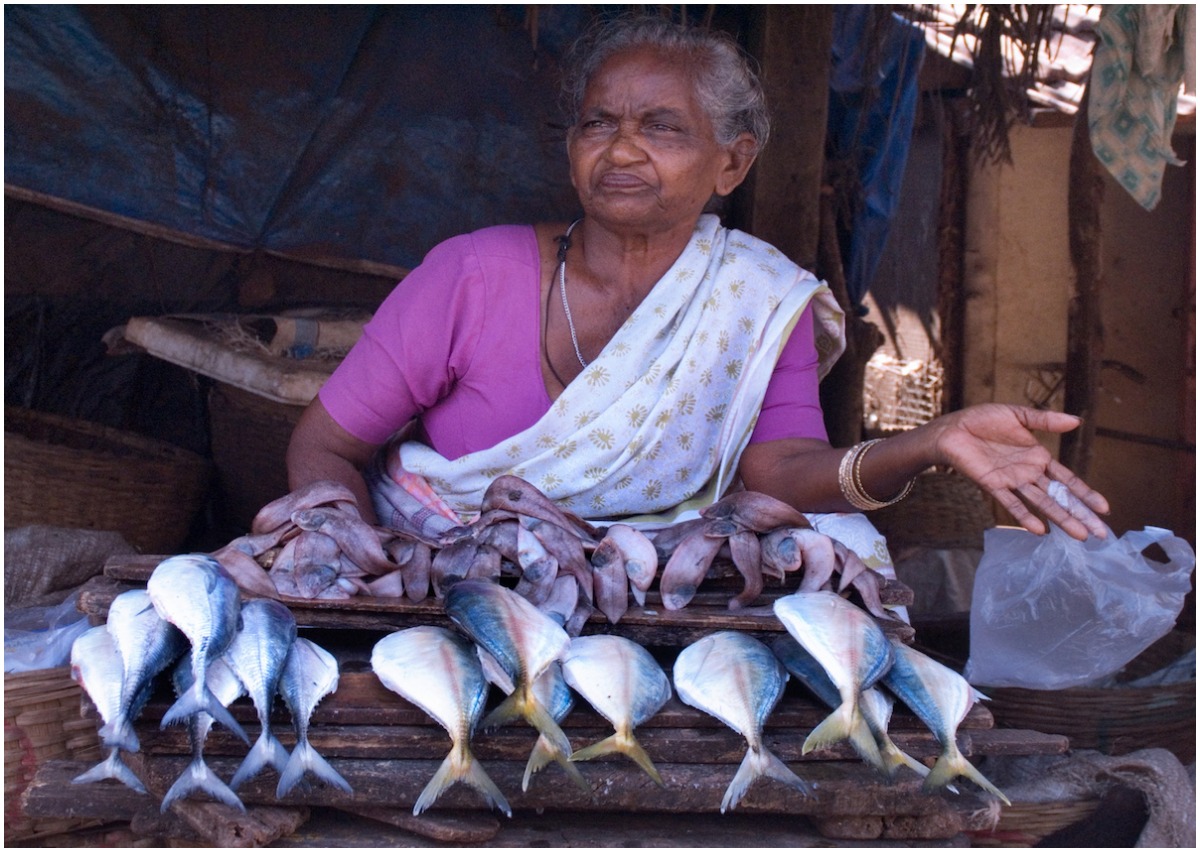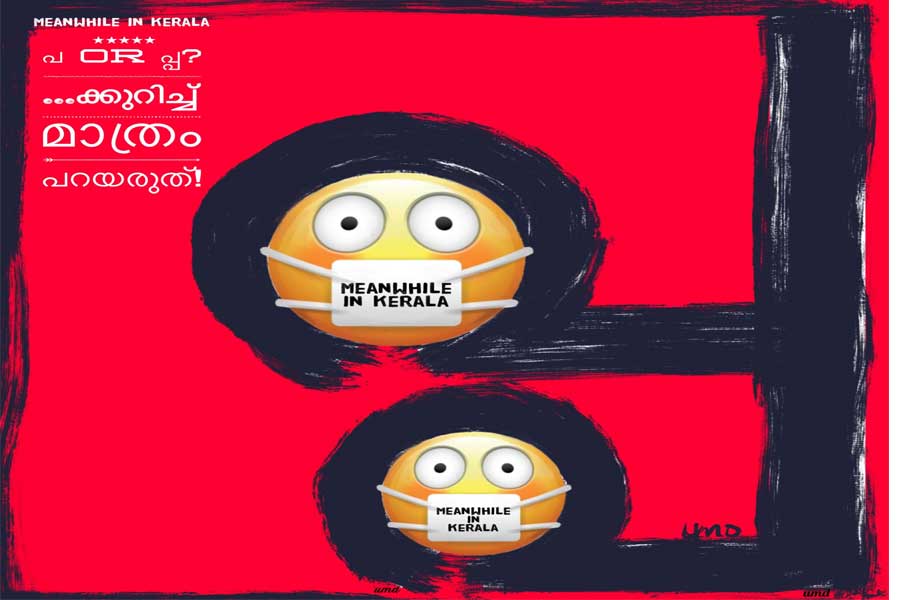Amidst chemical pesticides in fruits and vegetables and hormones injected into chicken, fish seemed to be the most safe and easily affordable option. However, as per reports by our sources, vendors and fishermen have been sprinkling chemicals along with ice on fish before it reaches the market to keep it fresh.
According to sources, the powder earlier thought to have been salt, is actually sodium benzoate. Sodium benzoate is a preservative that is usually found in processed foods and shouldn’t be used for fresh fish.
Post news of chemical preservatives being used by fish vendors doing the rounds, the enforcement wing of the Food Safety Department have been conducting raids and inspecting samples of fish that comes into Kerala from other states. According to Dr. Ashok Kumar, principle scientist at the CIFT (Central Institute of Fisheries Technology), Kochi office, “Only ice should be used to keep the fish fresh, not even salt is allowed. Sodium benzoate is a class two permitted preservative that is usually found in jams, squashes etc. Fresh food like fish, fruits and vegetables should be sold as it is to the customer. The problem here is, that the customer isn’t aware, that the fish is being chemically preserved neither do they know how to check for presence of chemicals in the fish. If someone is a frequent fish-eater, they actually end up consuming this chemical in a large quantity which can cause allergies and other implications on health,” says Dr. Ashok Kumar.
The Food Safety Department wants to zero in on fish coming from states like Karnataka, Goa, Maharashtra and Andhra Pradesh and test them for presence of sodium benzoate or other chemicals. CIFT, in the meantime has been developing a cost-effective and user-friendly test kit to check the quality of fish sold in the market. Once launched, customers will able to test fish for presence of chemicals like ammonia, sodium benzoate and formalin in fish purchased from local markets.
D. Ashrafudeen, Joint Commissioner of Food Safety Department, enforcement wing says, “Ever since we have been conducting these raids, the use of these chemicals have reduced to a large extent. One would probably find about 5% or more vendors using these chemicals. However, we have created awareness amongst fishermen and vendors that chemical preservatives like ammonia, sodium benzoate or formalin may not be used to make the fish last longer. If found to be used, they could be jailed for 6 months and fined up to INR 5 lakhs.”
Just as with chemical pesticides and insecticides, these chemicals cannot be easily washed away. It makes the scales of the fish look shiny, as though it has recently been caught from the ocean. “Awareness, close monitoring of fish stock and eventually launch of the handy kit being developed by CIFT are the only ways to prevent or stop this adulteration,” says D. Ashrafudeen.
The Food Safety Department who has been collecting samples from various districts found that certain vendors aren’t aware of the right amount of ice to be used for fish and hence resort to using chemical preservatives. The Department also plans on conducting awareness programs among vendors and fishermen on the various health hazards of these chemicals. Fish vendors and merchants however have been maintaining that they have never used illicit preservatives on the fish sold by them as they value their regular customers and that poor quality of ice is the main cause of bacterial infection that results in poisoning caused by it.
“We cannot really comment on local traders and their practices, but we adhere to best practices and do not use any chemicals to preserve fish that we deliver locally,” says Rajesh S, Vice President of Sales, Daily Fish, an online fish delivery service.
Abdul Azeez, proprietor of Azeezia Farm outlet, a restaurant in Kochi that serves farm-grown organic food says, “We buy fish directly from the fishermen without any middlemen. We don’t even ask them to use ice as we store it in ice at the restaurant and the stock is used up almost immediately. Also we insist on buying only chunda meen or fish caught by using bait as opposed to fish caught using a net which tends to reach the shore after a week. Or then, we try to source freshly farmed fish from local farms.”
“People now prefer buying frozen fish as opposed to fresh fish due to fear of adulteration,” says Madhu Ganesh, a city-based individual who has been working closely in the field of seafood exports for nearly two decades. “Rapid freezing immediately brings down core temperature of the fish to -20 to -30 degrees. And fish maintained and transported in these conditions can last up to 24 months,” he explains. “The best way to prevent intake of harmful chemicals with your favourite fish dish is by buying during season, buying locally caught fish and buying regularly from a single trusted vendor,” he adds.
So while we ponder on the question, to fish or not to fish, waiting for the handy kit by CIFT seems like the only viable solution at hand.
Cover image courtesy: © Jorge Royan , via Wikimedia Commons







